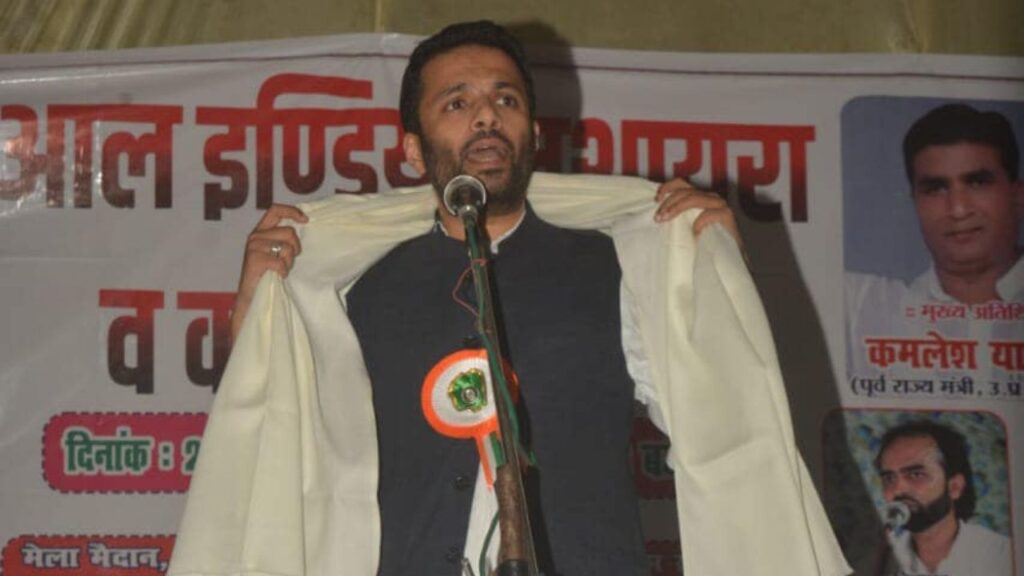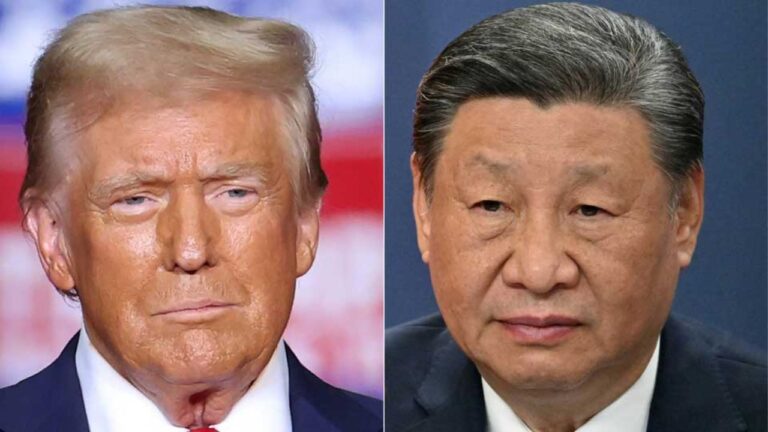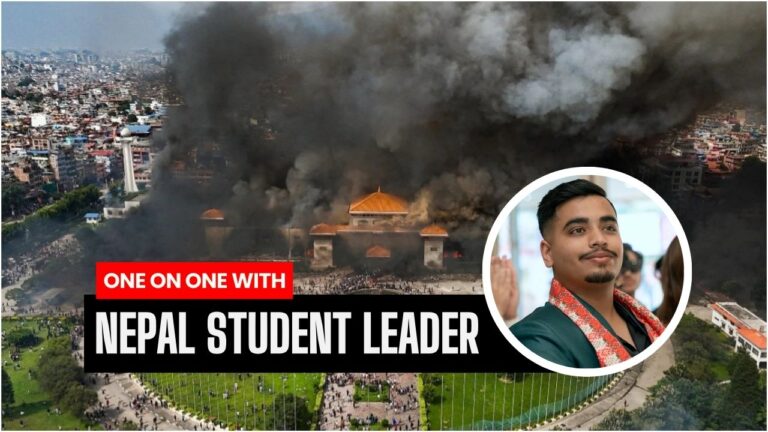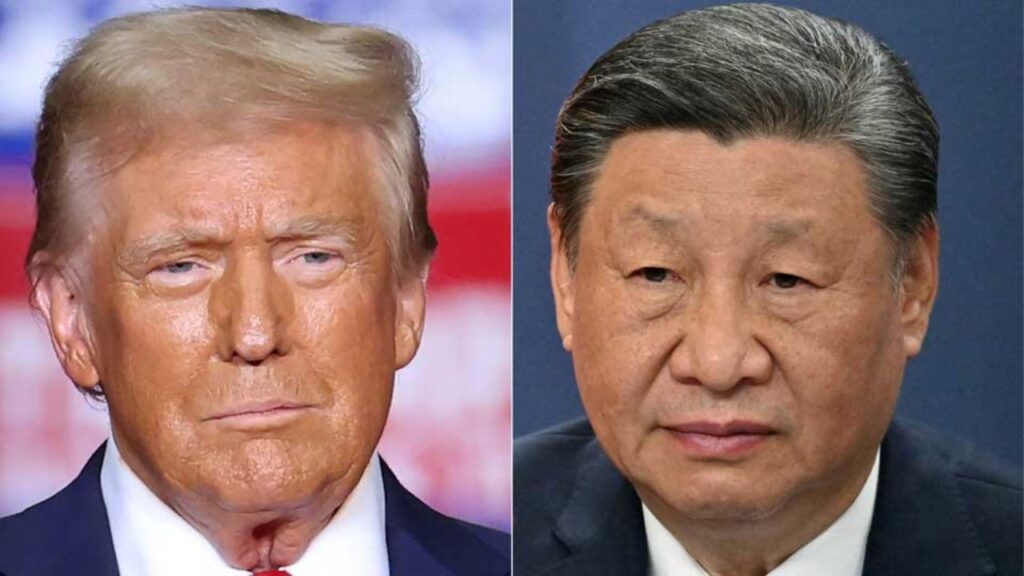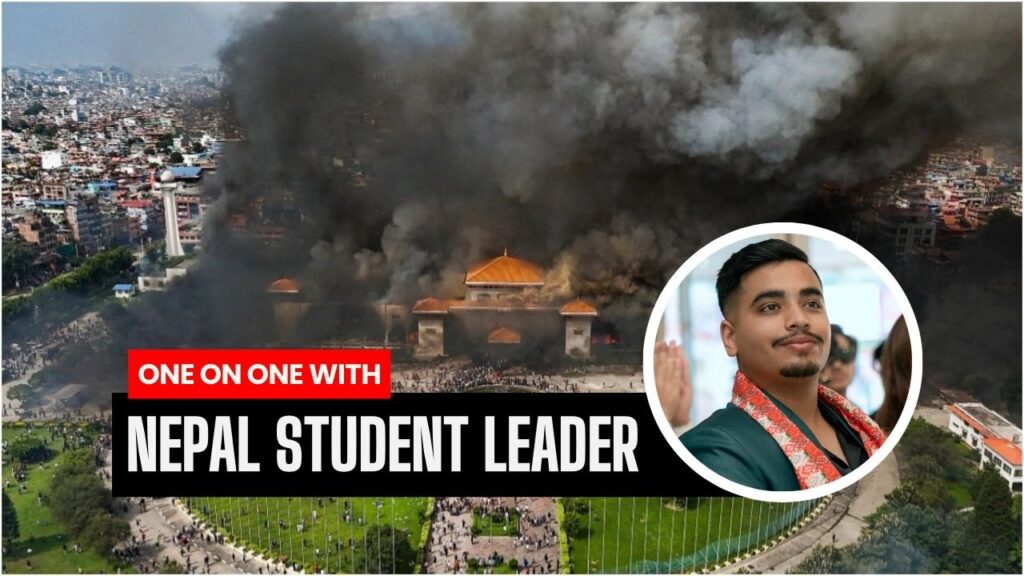Ashoka University associate professor Ali Khan Mahmudabad was released from Sonepat district jail on Thursday evening, a day after the Supreme Court granted him interim bail. Khan, who heads the political science department at Ashoka University, was arrested on May 18 over a social media post regarding ‘Operation Sindoor’.
The arrest followed two FIRs filed against him in connection with a Facebook post he made concerning India’s recent military operation, Operation Sindoor, which was a retaliatory cross-border strike against terrorist camps in Pakistan after the deadly April 22 terror attack in Pahalgam.
Mahmudabad’s social media post praised the Indian military’s decisive action but simultaneously expressed concern over the glorification of war and the tragic loss of civilian lives on both sides of the conflict. He warned against blind advocacy for war by those unfamiliar with its realities.
He also critiqued the symbolic optics of women officers, Colonel Sofiya Qureshi and Wing Commander Vyomika Singh, leading the briefings on Operation Sindoor, calling for substantive change rather than symbolic gestures. Further, he urged right-wing supporters to speak up for victims of mob lynching and arbitrary demolitions, highlighting what he perceived as selective outrage.
The two FIRs were filed by different complainants. One FIR, lodged by Yogesh Jatheri, cited multiple sections of the Bharatiya Nyaya Sanhita (BNS), including Section 196 (promoting enmity), Section 197 (prejudicial statements affecting national integration), Section 152 (threatening the unity and integrity of India), and Section 299 (culpable homicide).
The other FIR, filed by Renu Bhatia, Chairperson of the Haryana State Women’s Commission, alleged that Mahmudabad’s remarks insulted the women officers and amounted to public mischief and communal disharmony, invoking sections such as 353 (public mischief), 79 (insulting the modesty of a woman), and Section 152 of the BNS.
Following his arrest, Mahmudabad was remanded to police custody for two days by a Haryana court. The arrest sparked sharp criticism from academics, civil rights activists, and legal experts, who argued that the charges are disproportionate and represent an attempt to suppress dissenting voices under the guise of protecting national unity. Human rights advocates have expressed concern over the use of stringent laws like culpable homicide in response to social media commentary, warning about the chilling effect on free speech.
Mahmudabad himself issued a statement on X (formerly Twitter), clarifying that his remarks were “completely misread” and that he intended to discuss the moral complexities of war and call for consistent ethical standards in public discourse during national security events.
Senior Advocate Kapil Sibal took up Mahmudabad’s defense, filing an urgent petition before the Supreme Court on May 19. Appearing before a bench headed by Chief Justice BR Gavai and Justice Augustine George Masih, Sibal argued, “He has been arrested for a patriotic statement.” Recognizing the urgency, the Chief Justice agreed to list the case for hearing.
His arrest ignited a wider conversation about the limits of free expression in India, especially concerning criticism of military actions and government policy. Political reactions have been sharply divided. The Congress party condemned the arrest as politically motivated and discriminatory, emphasizing that the use of colonial-era sedition-like laws to stifle free speech undermines democracy.
Ashoka University’s faculty and student body have vocally supported Mahmudabad, describing the arrest as targeted harassment and an assault on academic freedom. Students and activists have organized protests and social media campaigns demanding his immediate release.

